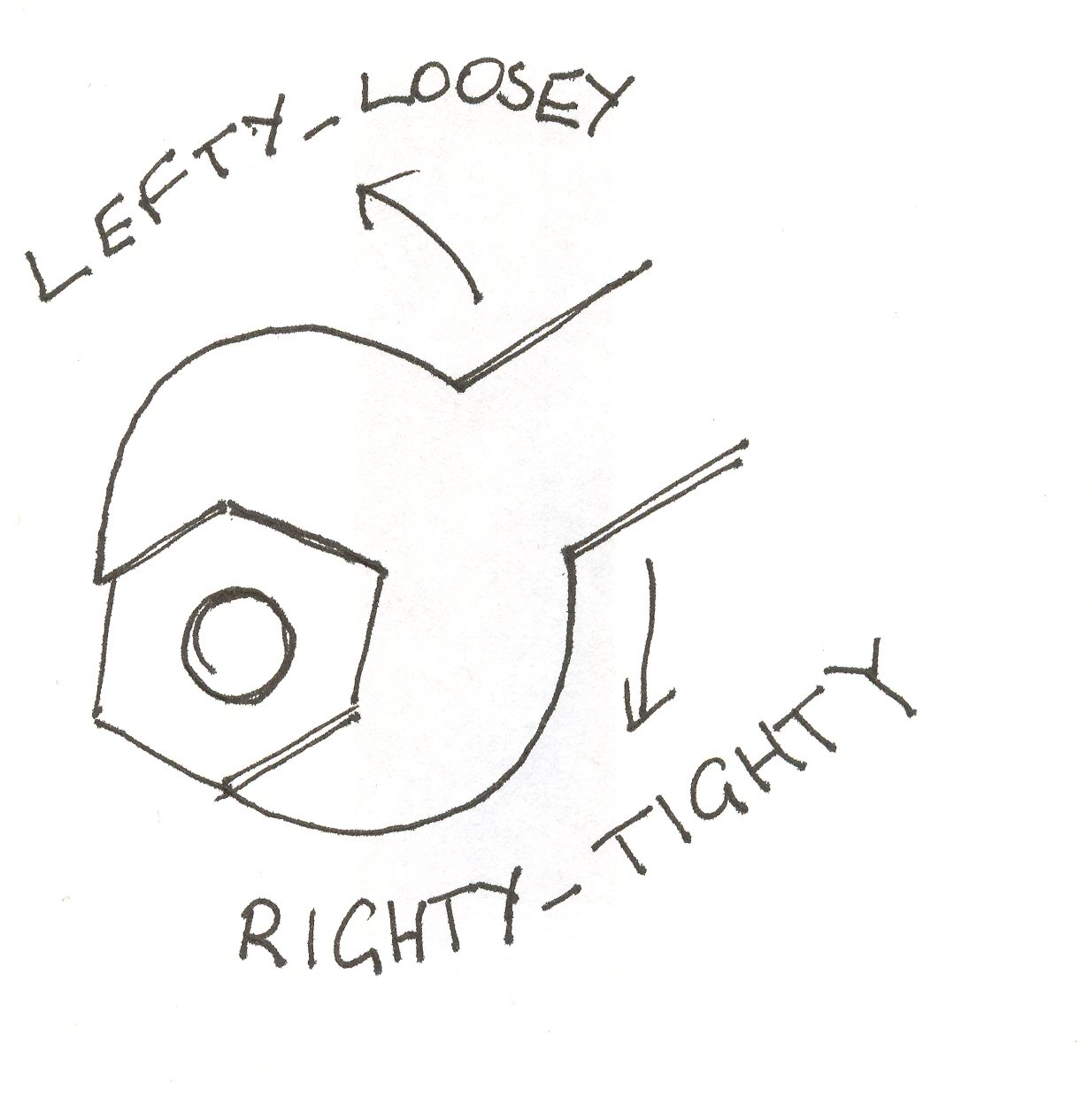this post was submitted on 13 Oct 2024
478 points (98.0% liked)
Asklemmy
45188 readers
983 users here now
A loosely moderated place to ask open-ended questions
If your post meets the following criteria, it's welcome here!
- Open-ended question
- Not offensive: at this point, we do not have the bandwidth to moderate overtly political discussions. Assume best intent and be excellent to each other.
- Not regarding using or support for Lemmy: context, see the list of support communities and tools for finding communities below
- Not ad nauseam inducing: please make sure it is a question that would be new to most members
- An actual topic of discussion
Looking for support?
Looking for a community?
- Lemmyverse: community search
- sub.rehab: maps old subreddits to fediverse options, marks official as such
- !lemmy411@lemmy.ca: a community for finding communities
~Icon~ ~by~ ~@Double_A@discuss.tchncs.de~
founded 5 years ago
MODERATORS
you are viewing a single comment's thread
view the rest of the comments
view the rest of the comments

A clockwise rotation turns a car to the right (in forward gear) and tightens a nut (right hand threaded). But this is not a rotation to the right. It's a clockwise rotation. You can't rotate "to the right". That's the point.
I agree. But you can say turn to the right and people connect the clockwise movement of the wheel with the direction of the car, which makes it possible for people to understand each other's instructions intuitively even if they use right-left terminilogy instead of the precise clockwise-counterclockwise one.